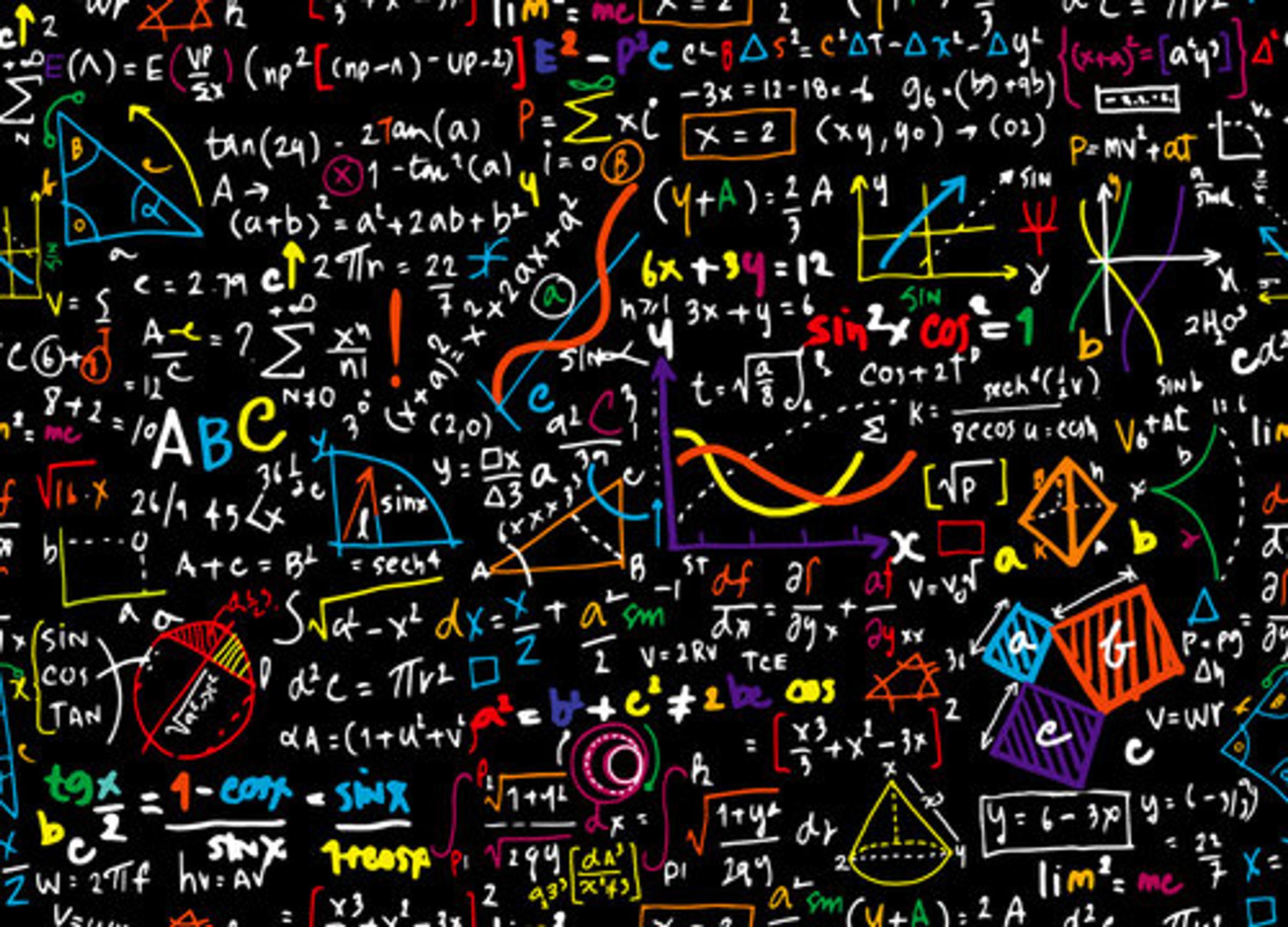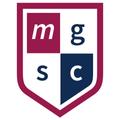Specialist Mathematics

Specialist Mathematics Units 1–4 is designed for capable Mathematics students. This course is to be studied in conjunction with Mathematical Methods. Together, Specialist Mathematics Units 1 & 2 and Mathematical Methods Units 1 & 2 prepare students for Specialist Mathematics Units 3 & 4 and provide an excellent foundation for students wishing to study Mathematical Methods Units 3 & 4.The Specialist Mathematics course assists students to also understand significant parts of physics.
To complete Specialist Mathematics Units 1 & 2, students must have a very strong foundation in algebraic manipulation and Year 10 mathematics, more specifically the 10A curriculum. Students must have achieved very good grades in Mathematical Methods Units 1 & 2 and Specialist Mathematics Units 1 & 2 in order to succeed in this course. Together these two mathematics subjects can be important prerequisites for a number of tertiary engineering and Mathematics courses.
The area of studies for Units 1 & 2 will focus on a study of:
- Algebra, number and structure
- Discrete mathematics
- Data analysis, probability and statistics,
- Space and measurement
- Functions, relations and graphs
The area of studies for Units 3 & 4 will focus on a study of:
- Discrete mathematics
- Functions, relations and graphs
- Algebra, number and structure
- Calculus
- Space and measurement
- Data analysis, probability and statistics,
The award of satisfactory completion for a unit is based on whether the student has demonstrated achievement of the set of outcomes 1, 2 and 3 listed below. All assessments at Units 1 and 2 are school based, are a part of the regular teaching and learning program, and completed mainly in class and within a limited timeframe. The decision will be based on the teacher’s assessment of the student’s overall performance on assessment tasks designated for the unit. These assessments will be in the form of tests, investigation/application tasks, problem solving or modelling tasks and exams.
Outcomes for satisfactory completion:
- To be able to define and explain key concepts as specified in the content from the selected areas of study and apply a range of related mathematical routines and procedures.
- To be able to apply mathematical processes in non-routine contexts, including situations requiring problem- solving, modelling or investigative techniques or approaches, and analyse and discuss these applications of mathematics.
- To be able to apply computational thinking and use numerical, graphical, symbolic and statistical functionalities of technology to develop mathematical ideas, produce results and carry out analysis in situations requiring investigative, modelling or problem-solving techniques or approaches.
